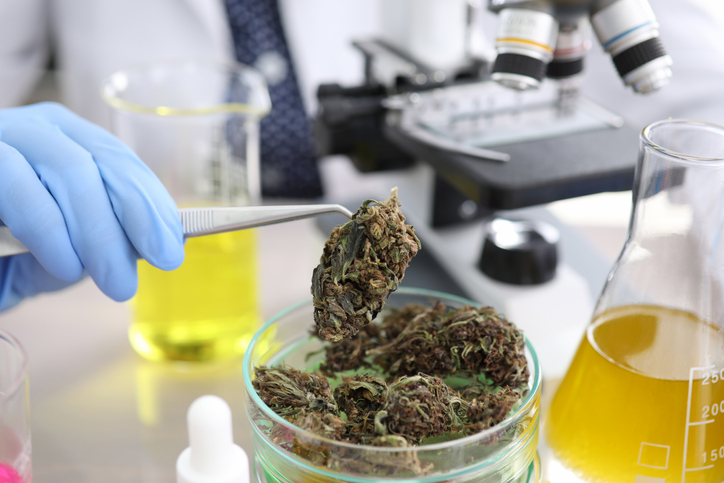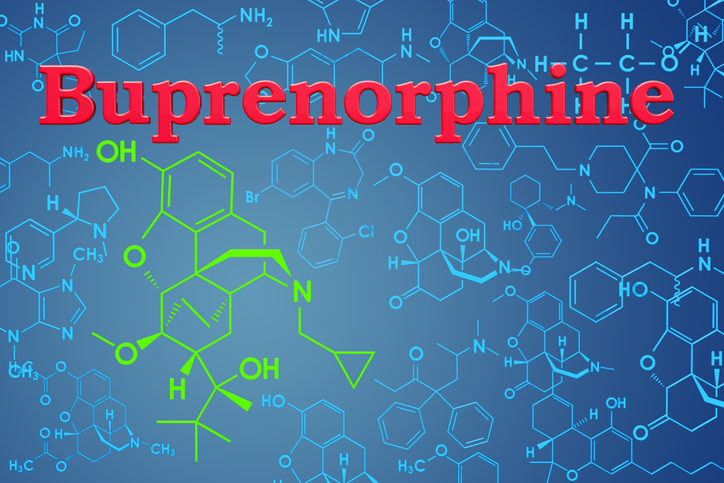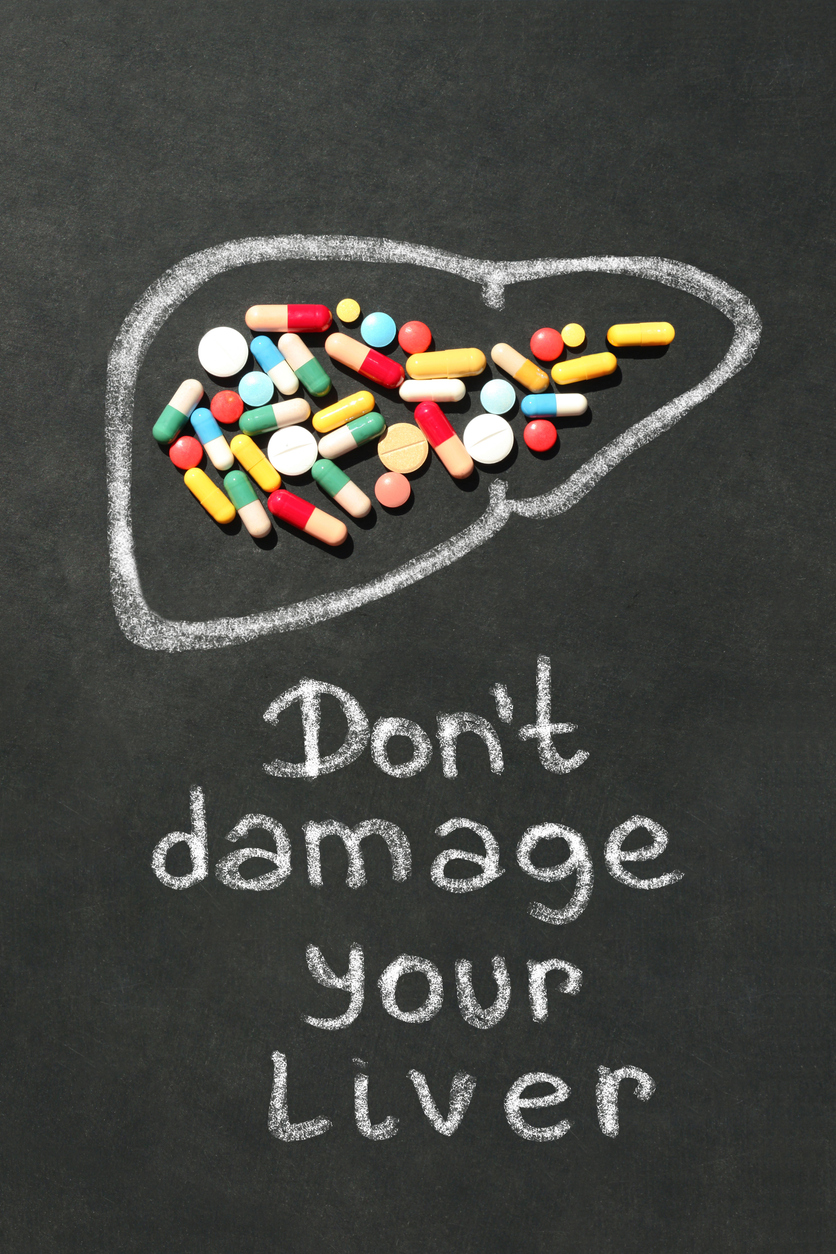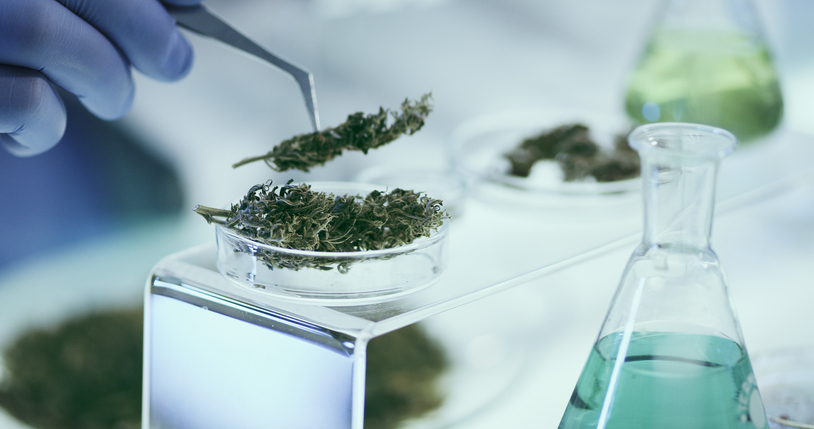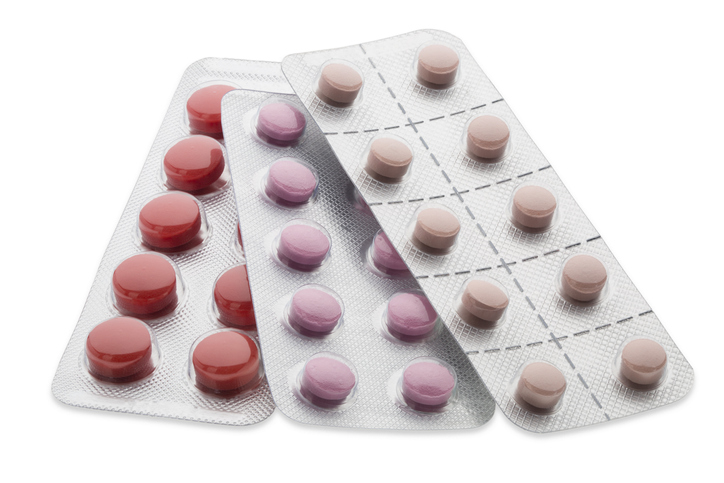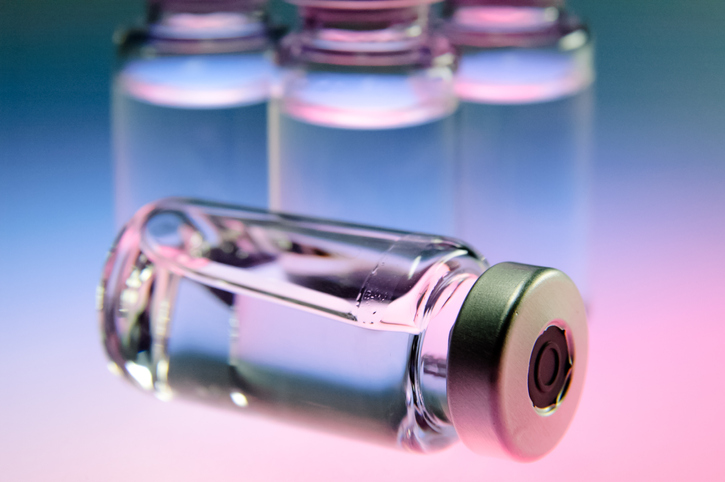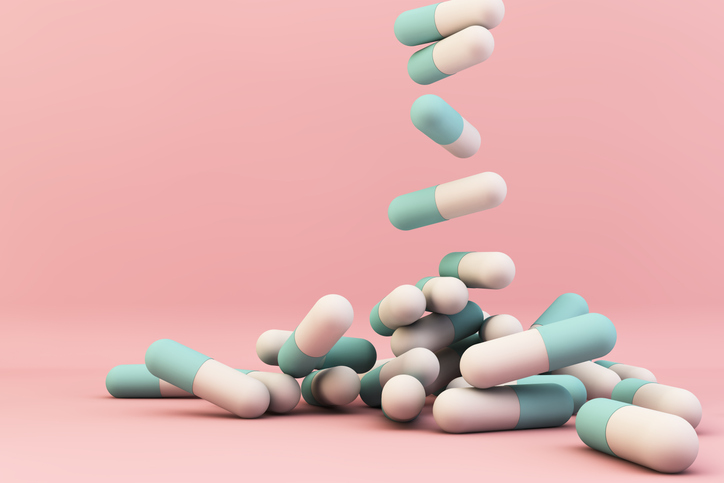Treatments
What Is Nabilone?

Nabilone belongs to a class of medication called cannabinoids. It is a man-made substance similar to the natural ingredients found in cannabis. Nabilone is prescribed to treat severe nausea and vomiting that is often caused by chemotherapy drugs. It is only used when other medications have been unable to control these symptoms. It works by affecting the signals in the brain that control nausea and vomiting.
Side effects
Seek emergency medical assistance if signs of an allergic reaction occur. This includes difficulty breathing, hives, or swelling of the face, lips, tongue or throat. Common side effects of nabilone include, but are not limited to, the following:
- Depressed mood
- Dizziness or drowsiness
- Dry mouth
- Euphoria
- Headache
- Insomnia
- Feeling “high”
- Lack of coordination
- Memory problems
- Trouble concentrating
- Weakness
Stop using nabilone and contact a health care professional if serious side effects occur, which may include, but are not limited to, the following:
- Confusion
- Fainting or light-headedness
- Hallucinations
- Increased heart rate
- Mental changes, such as severe anxiety, extreme fear, panic, or paranoia
- Unusual weakness
- Vision changes
Before use
The risks of nabilone should be weighed against the benefits. Notify a health care professional if certain conditions are present before being prescribed this medication. These conditions include the following:
- Alcoholism
- Drug addiction
- Heart disease
- Liver or kidney disease
- Mental illness, past or present
It is currently unknown if nabilone can harm an unborn baby or be passed through breast milk. Notify the health care professional if pregnant or planning to become pregnant.
Nabilone may increase sensitivity of side effects in older adults. It is not intended for use if under the age of 18. Inform the health care professional if taking over-the-counter or prescription medications, supplements, herbal products, or vitamins.
How to take
Dosage is based on the medical condition and response to treatment. Nabilone comes in capsule form and should be taken by mouth exactly as directed, typically two to three times per day during a chemotherapy cycle. It may be prescribed to be taken the night prior to a chemotherapy treatment, one to three hours before chemotherapy, and up to 48 hours following the treatment.
Nabilone should not be taken in larger or smaller doses than prescribed, nor for any longer than recommended. Effects of this medication can last for 48 to 72 hours and may fluctuate with each dose. It should be stored at room temperature away from heat or moisture.
Precautions
Nabilone can be habit-forming and should never be shared. Side effects may be increased if taking nabilone with other medications that cause drowsiness or slow the breathing. This drug can cause dizziness and drowsiness; therefore, do not drive, use machinery, or perform any tasks requiring alertness while taking this medication.
If an overdose is suspected, seek emergency medical help. Severe mental effects can occur due to an overdose or by mixing nabilone with alcohol or central nervous system depressants. Symptoms of an overdose include, but are not limited to, the following:
- Breathing difficulty
- Confusion
- Hallucinations
- Fast or pounding heartbeat
- Mood changes
- Severe anxiety or nervousness
Fainting or dizziness may occur, especially when rising from a seated position. Get up slowly to avoid this. Sugarless candy, gum, or ice can help relieve dry mouth that typically occurs with nabilone. Consult a medical professional if dry mouth persists for two weeks or longer, as it may increase the risk of tooth decay, gum disease, or fungus infections.

